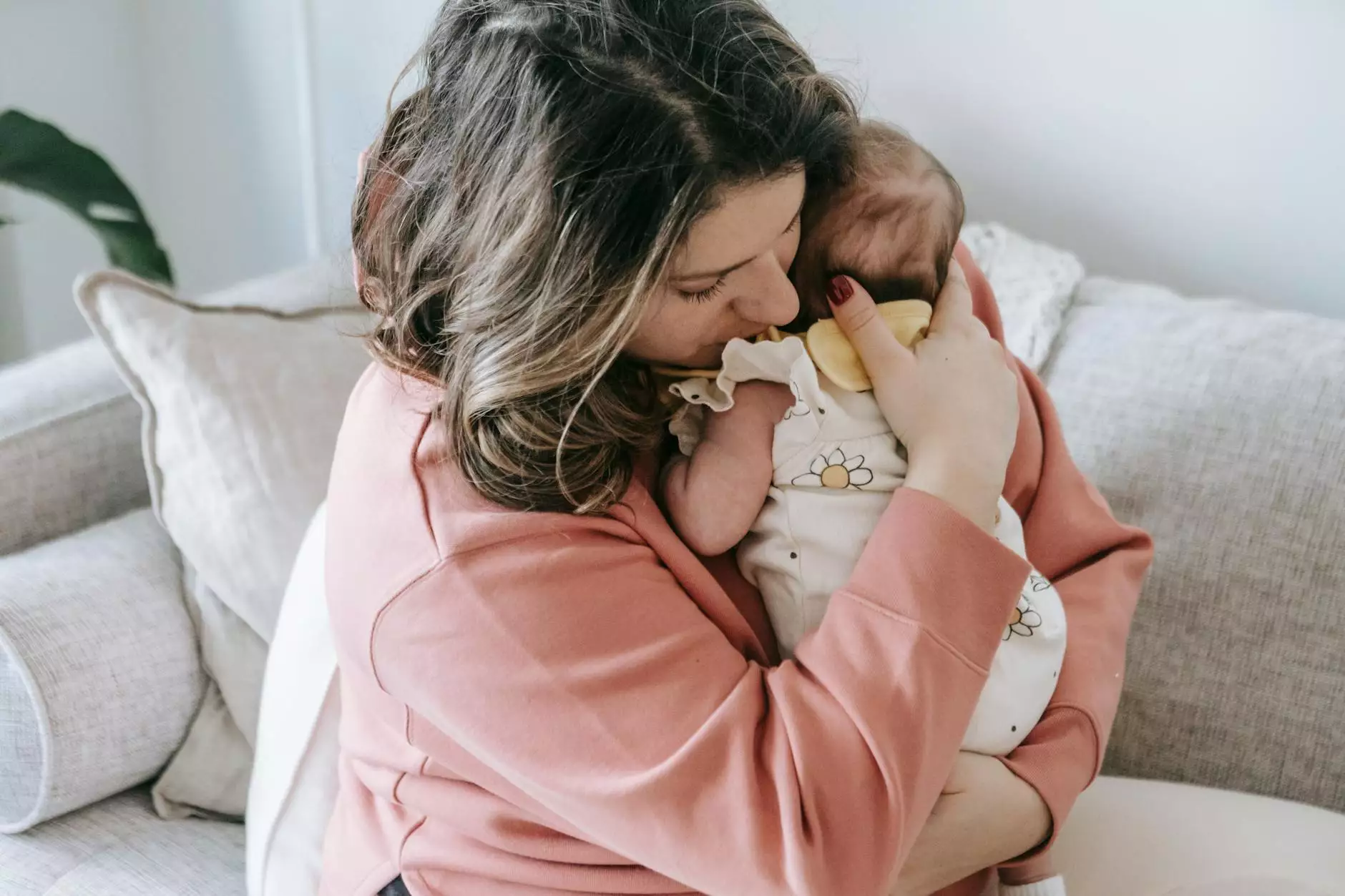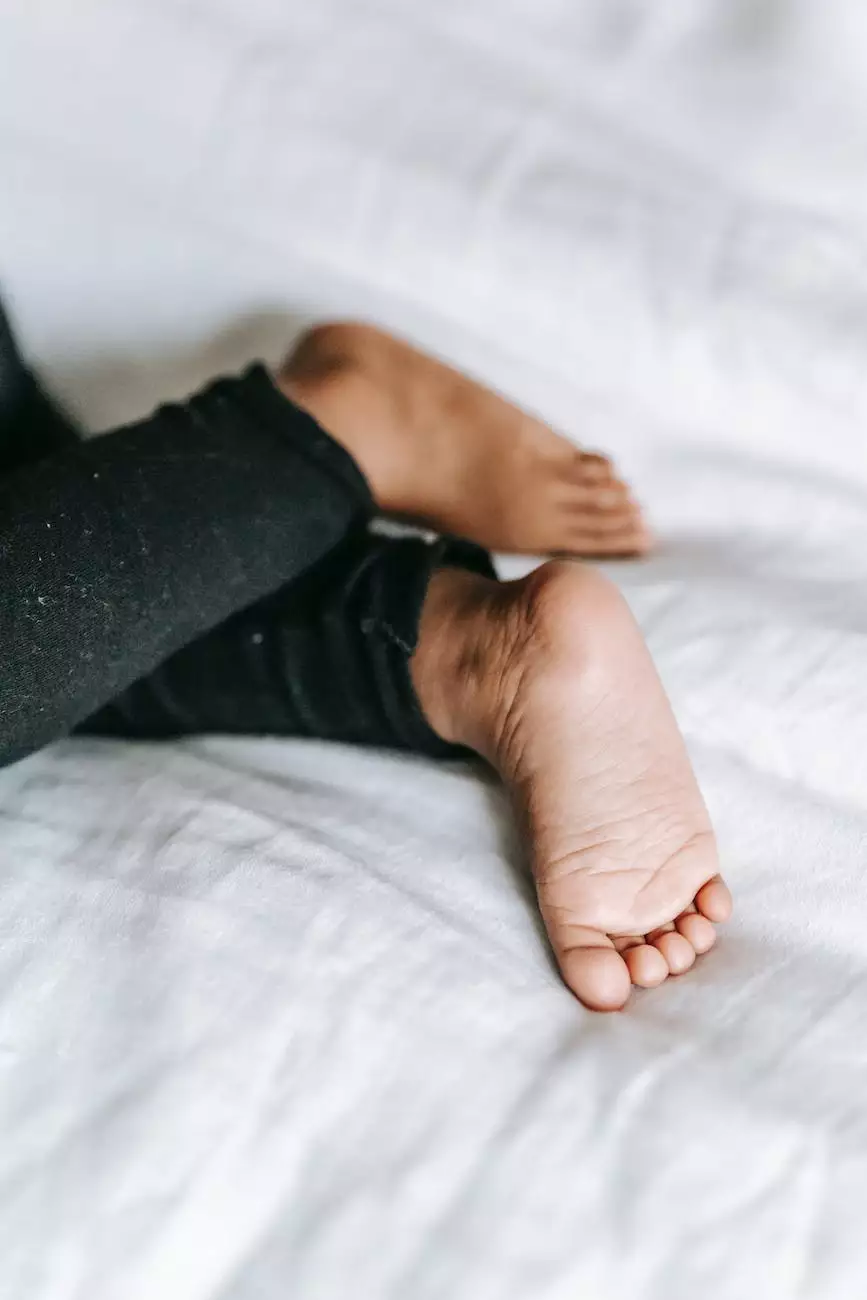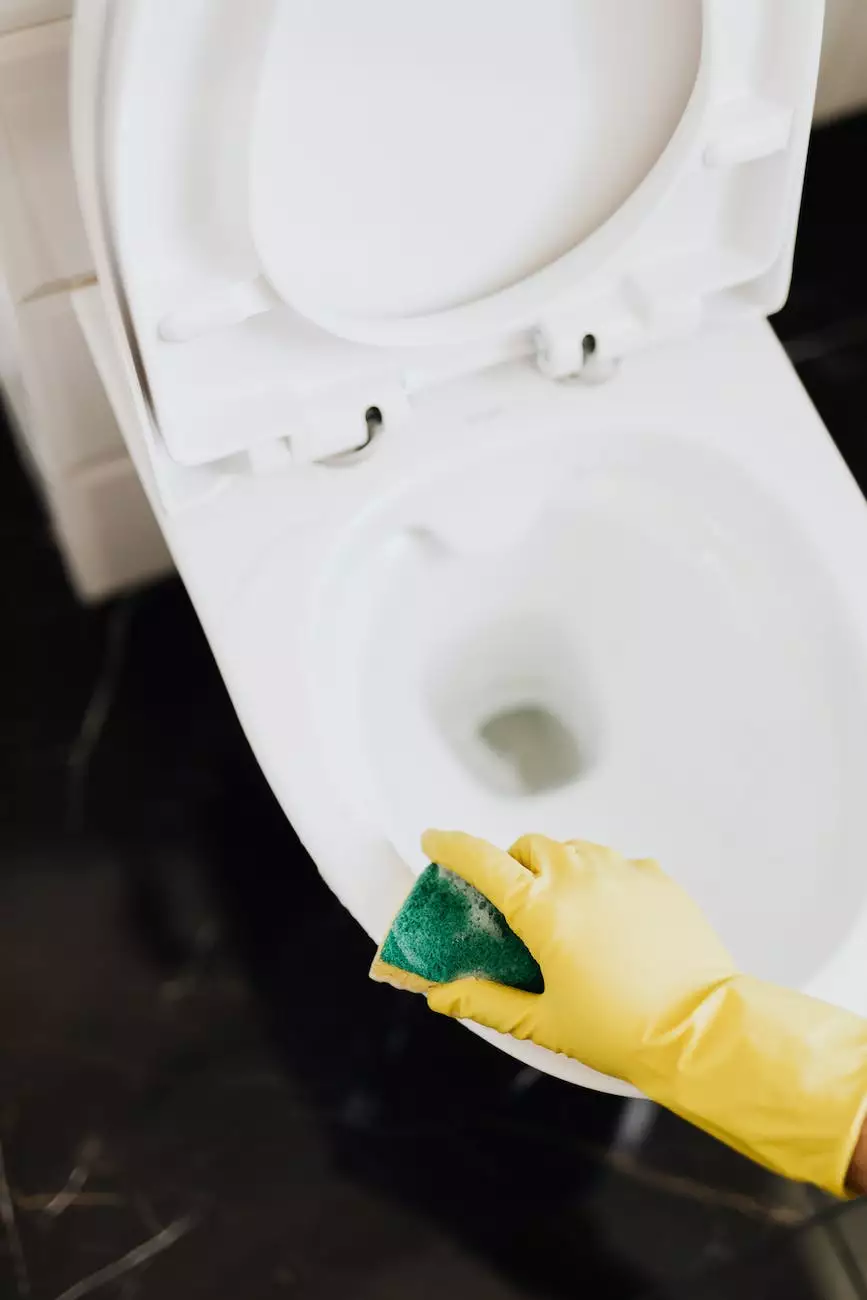The Changes Your Body Experiences After Birth

Introduction
Congratulations on your new journey into motherhood! At Home Postpartum Services, we understand the incredible transformation your body goes through after giving birth. It's important to be informed about the changes you may experience during the postpartum period and how to take care of yourself during this time. In this article, we'll provide you with comprehensive information on postpartum recovery, physical and emotional changes, and essential self-care tips to help you navigate this significant phase of your life.
Postpartum Recovery
Postpartum recovery is a crucial period for your body to heal and adjust after childbirth. It typically lasts between six weeks to six months, varying from person to person. During this time, your body undergoes several changes as it returns to its pre-pregnancy state. Let's delve into some of the key aspects of postpartum recovery:
Physical Changes
After giving birth, your body gradually starts to heal and restore itself. You may experience various physical changes during this time, including:
- Uterine Contractions: Your uterus undergoes contractions, known as afterpains, which help it shrink back to its normal size.
- Lochia: Lochia refers to the vaginal discharge that contains blood, mucus, and uterine tissue. It is a natural part of the healing process and typically lasts for a few weeks.
- Perineal Discomfort: If you had a vaginal delivery, you may experience soreness, swelling, or discomfort in the perineal area. This is normal and typically improves with time.
- Abdominal Changes: Your abdominal muscles may feel weak and stretched, especially if you had a cesarean delivery. Gentle exercises and physical therapy can aid in strengthening these muscles.
- Breast Changes: Your breasts prepare for breastfeeding, which can lead to engorgement, soreness, and leakage of milk. Proper breastfeeding techniques and support can help manage these changes.
Emotional Changes
The postpartum period is also characterized by emotional changes, often referred to as the "baby blues" or postpartum mood changes. It's common to experience a range of emotions during this time, including joy, exhaustion, sadness, and anxiety. The sudden hormonal shifts, lack of sleep, and adjustment to new responsibilities can contribute to these emotional changes. Remember, it's essential to seek support from your loved ones and healthcare professionals if you feel overwhelmed or experience persistent mood changes.
Self-Care Tips
Taking care of yourself is paramount during the postpartum phase. Here are some self-care tips to help you navigate this journey:
Rest and Sleep
Getting sufficient rest and sleep is crucial for your recovery and overall well-being. Make sure to prioritize rest and create a sleep-friendly environment. Accept help from loved ones to ensure you have designated time for relaxation.
Proper Nutrition
A well-balanced diet plays a vital role in your postpartum recovery. Focus on nutrient-rich foods that support healing and provide energy for breastfeeding, if applicable. Stay hydrated and consult with a healthcare professional to determine the best diet plan for your individual needs.
Gentle Exercises
Engaging in gentle exercises can aid in restoring strength and flexibility. Start with low-impact activities, such as walking or postnatal yoga, and gradually increase intensity as your body heals. Consult with your healthcare provider before starting any exercise routine.
Mental and Emotional Well-being
Prioritize your mental and emotional well-being by seeking support from loved ones, joining support groups, or considering therapy sessions. Taking time for self-care activities, such as meditation or journaling, can also help alleviate stress and promote emotional well-being.
Accepting Help
Don't hesitate to ask for and accept help. Whether it's assistance with household chores, caring for the baby, or emotional support, reaching out to your support system can lighten your load and provide you with the necessary time to focus on your recovery.
Connect with Other New Mothers
Connecting with other new mothers can be invaluable during the postpartum phase. Joining local support groups or online communities allows you to share your experiences, gain insights, and build friendships with individuals who can relate to your journey.
Conclusion
As your body goes through various changes after giving birth, it's important to be well-informed and prioritize your postpartum recovery. At Home Postpartum Services, we understand the unique challenges and joys of motherhood. We hope this comprehensive guide has provided you with valuable insights into the changes your body experiences after birth. Remember, taking care of yourself is not selfish but necessary for your well-being and the well-being of your baby. Embrace this incredible phase of your life, and feel free to reach out to us if you have any further questions or concerns. Happy motherhood!










